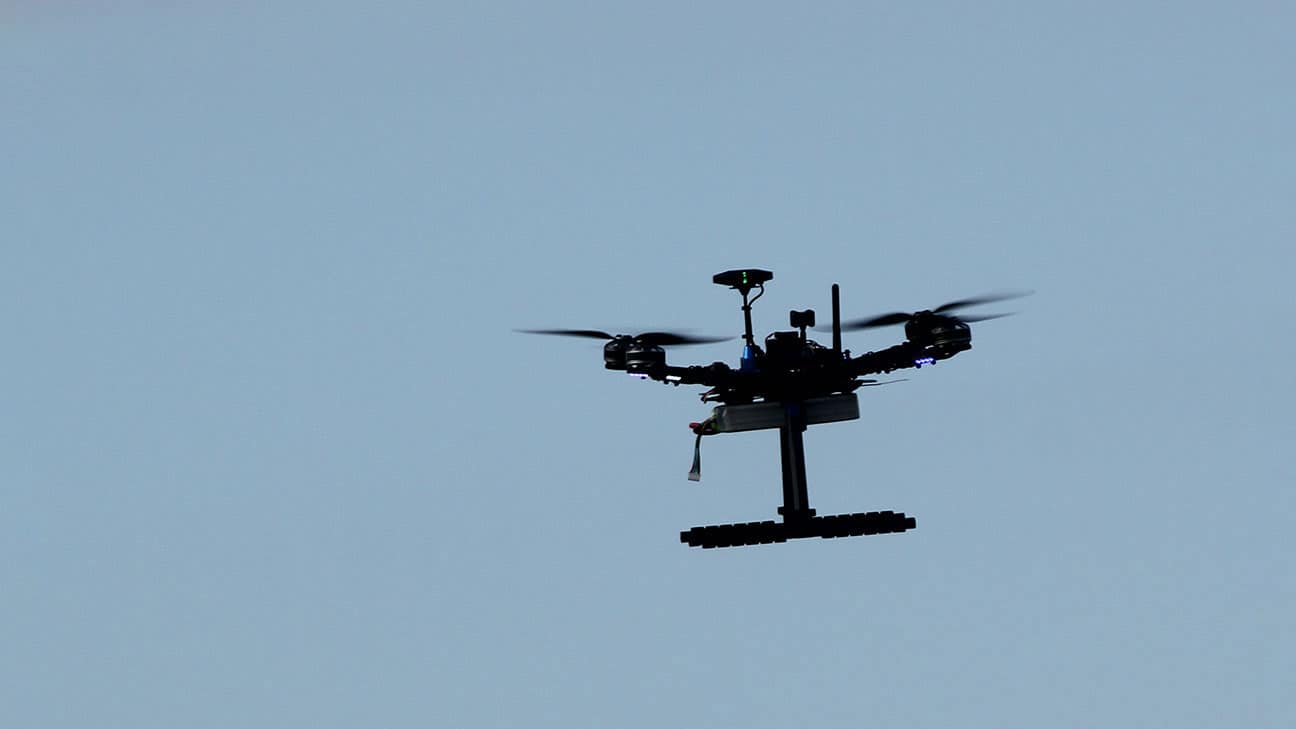Advanced Technology Initiatives News
DURANT, OK – The Choctaw Nation of Oklahoma (CNO) Advanced Technology Initiatives (ATI) has teamed up with the University of Oklahoma (OU) to research advanced transportation technologies, resilience to severe weather events, and defense and security challenges such as the development of counter-drone systems. The two entities have signed a three-year Memorandum of Understanding (MOU) to achieve technological advancements, workforce development, economic growth, and scientific discovery, aligning OU’s academic objectives with CNO’s educational and economic priorities.
James L. Grimsley, Executive Director of Advanced Technology Initiatives, expressed his excitement about the partnership, saying “We are excited to work with the University of Oklahoma in several exciting fields. Both CNO and OU are developing world-class capabilities to address important challenges for our communities. This collaboration will accelerate our ability to improve the quality of life and health in our Reservation.”
The MOU enables OU and CNO to share resources and connect stakeholders to find solutions for challenges facing rural and tribal communities, improving the safety and quality of life in those communities. Additionally, this agreement will create opportunities for Choctaw students interested in STEM fields like engineering, environmental sciences, meteorology, and aviation.
“We are thrilled to partner with CNO on this important work and leverage OU’s deep research expertise in radar technologies and severe weather for the benefit of the state and nation,” said Drew Allen, Deputy Executive Director of OU’s Oklahoma Aerospace and Defense Innovation Institute.
